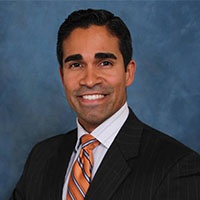 Harriman Misdemeanor Lawyers, New York
Harriman Misdemeanor Lawyers, New York
Sponsored Law Firm
-
 x
x

Click For More Info:
-
Kevin T. Conway
664 Chestnut Ridge Rd Spring Valley, NY 10977» view mapCriminal Defense Experience You Can Trust
Kevin T. Conway uses an individualized approach to make sure your case gets the attention it deserves.
800-741-3561
Sponsored Lawyers
1-3 of 3 matches
1436 Route 52
Fishkill, NY 12524
Criminal, DUI-DWI, Felony, Misdemeanor, Traffic
Angel I. Falcon is a Dutchess County based general practice catering to the legal needs of individuals and businesses in the Hudson Valley and surrounding areas.
(more)


 Kevin Conway Spring Valley, NY
Kevin Conway Spring Valley, NY AboutKevin T. Conway
AboutKevin T. Conway Practice AreasExpertise
Practice AreasExpertise

